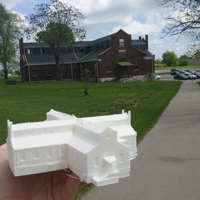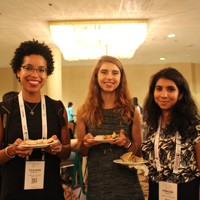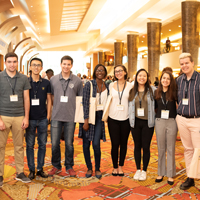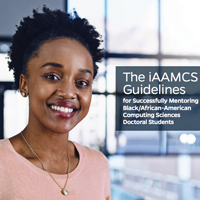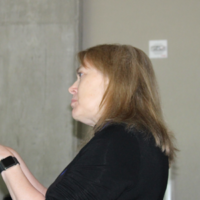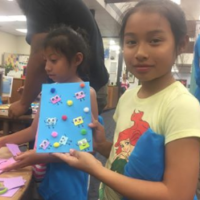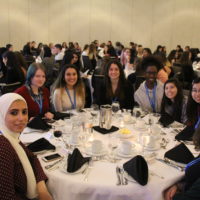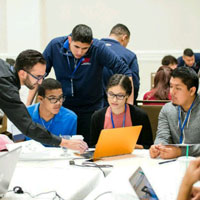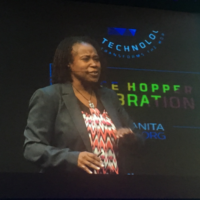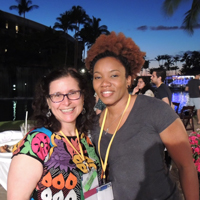
Expanding the Pipeline: The Second Annual CRA Grad Cohort for URMD Supports a Diverse Computing Research Community
On March 22-23, CRA hosted the second annual Graduate Cohort for Underrepresented Minorities and Persons with Disabilities (URMD Grad Cohort) in picturesque Waikoloa Village, Hawaii. The location provided beautiful scenery as students spent two days learning how to succeed in graduate school and networked with a diverse group of peers and senior researchers.


